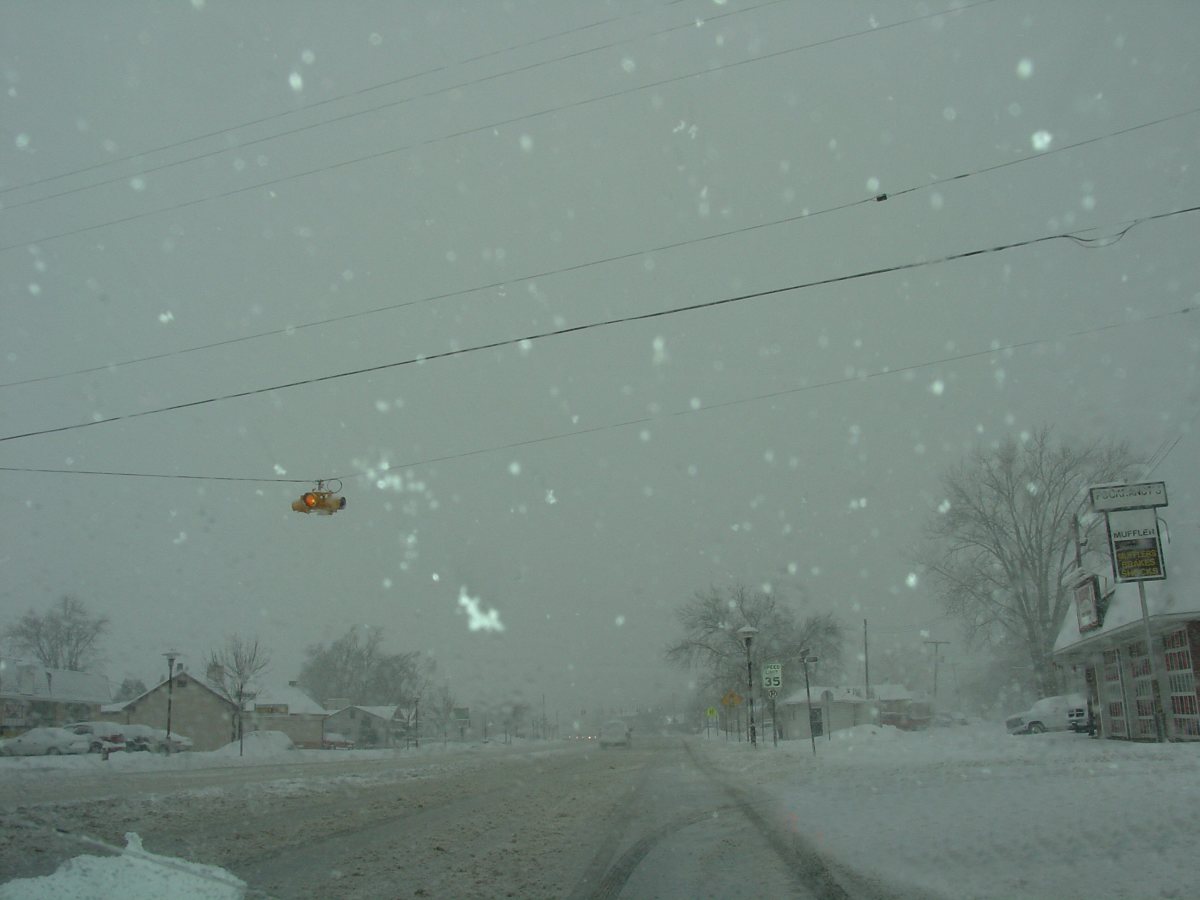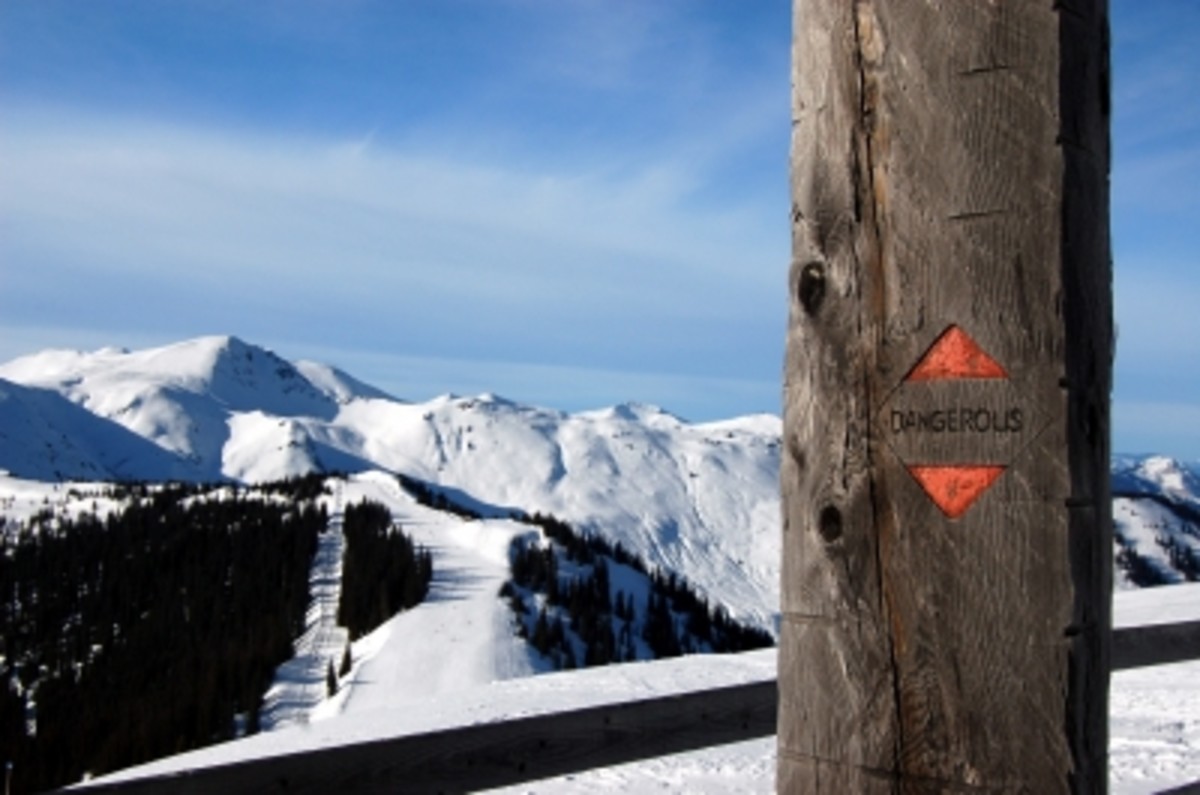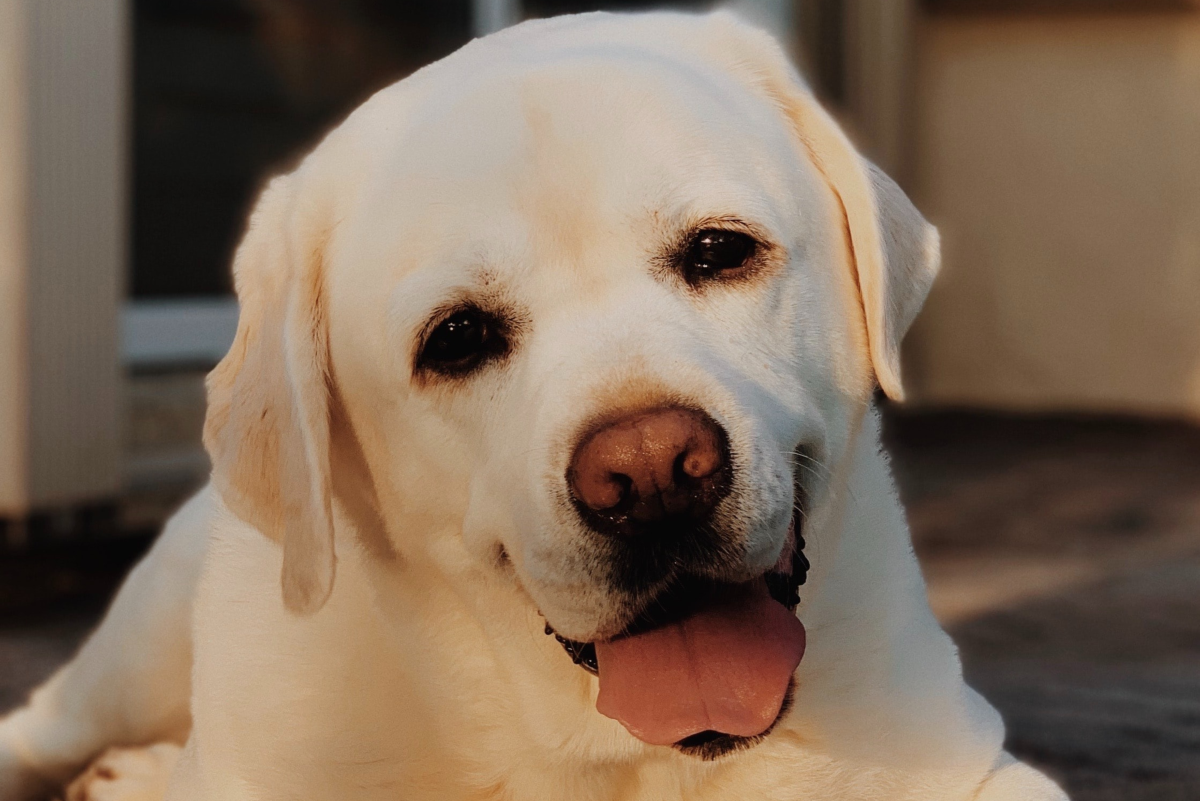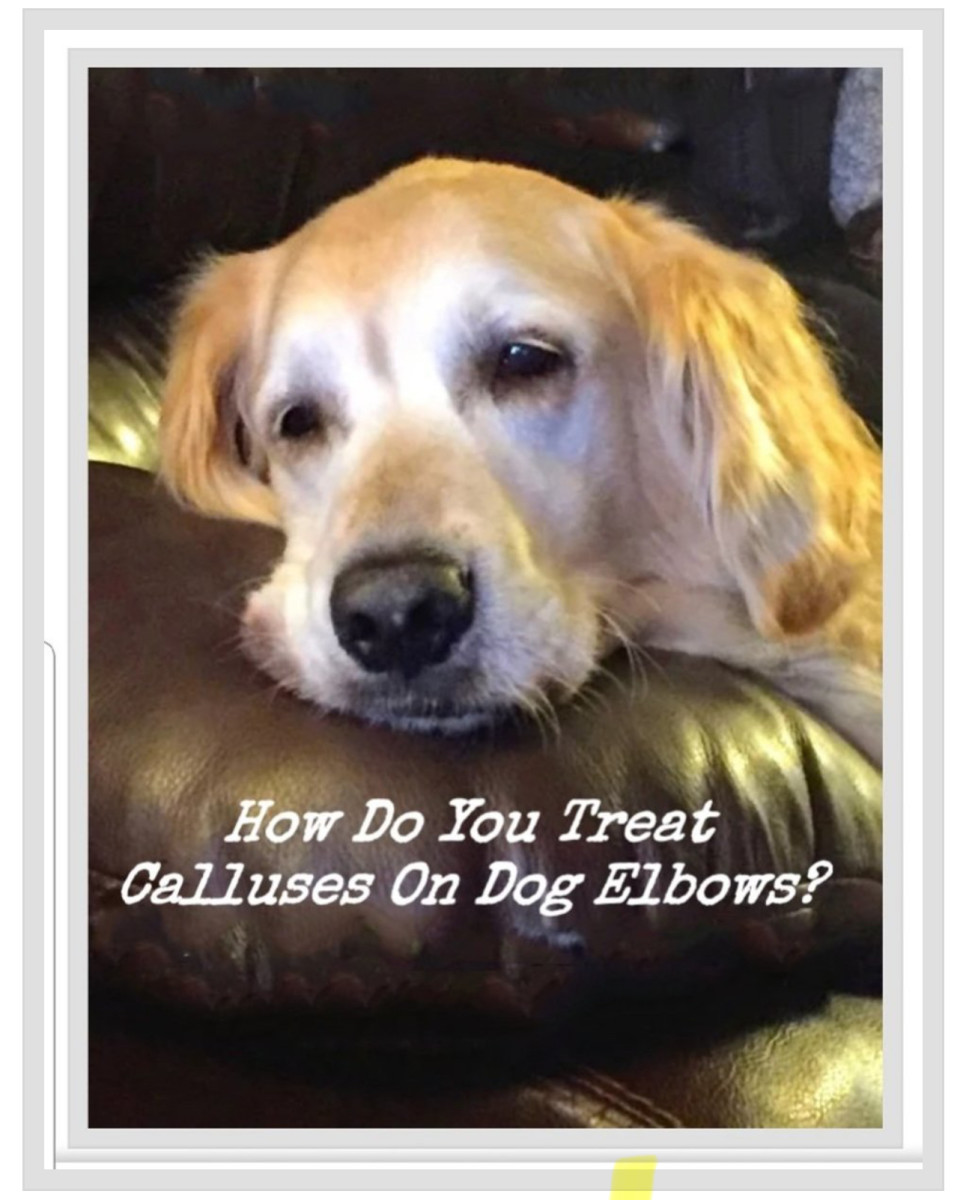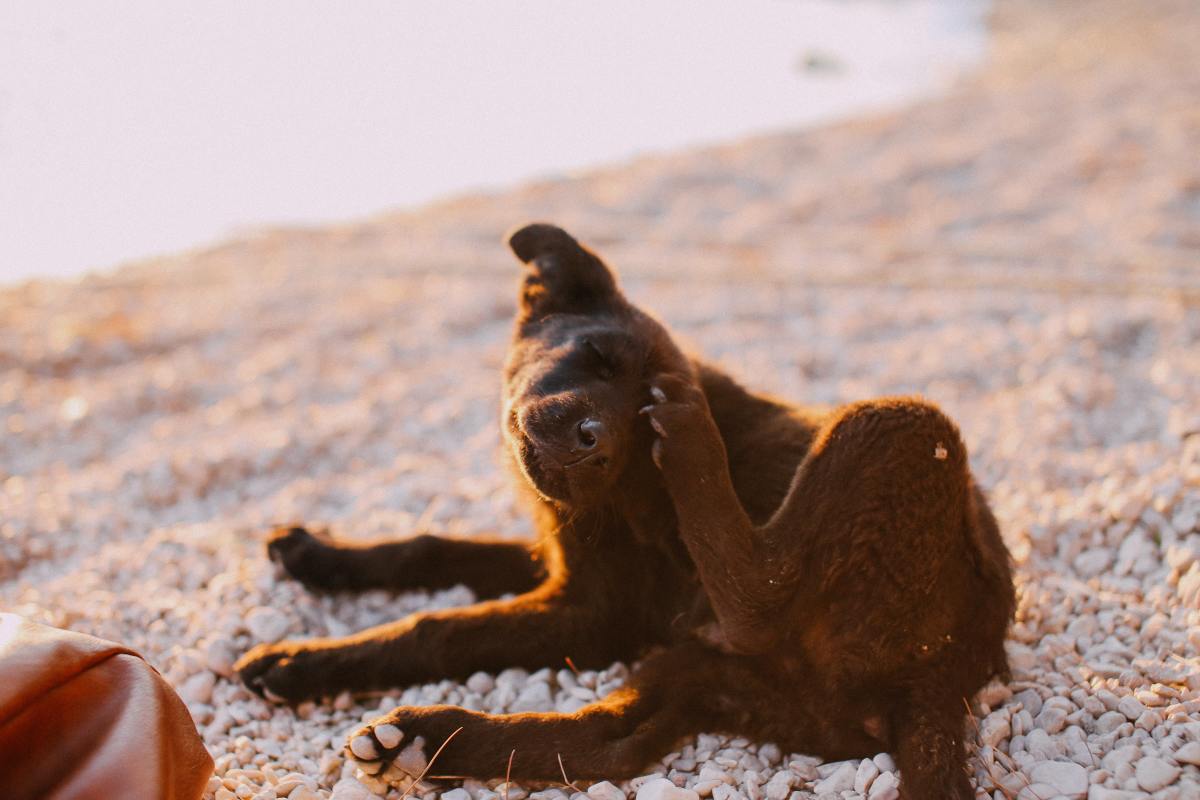Dog care tips: Winter safety for dogs
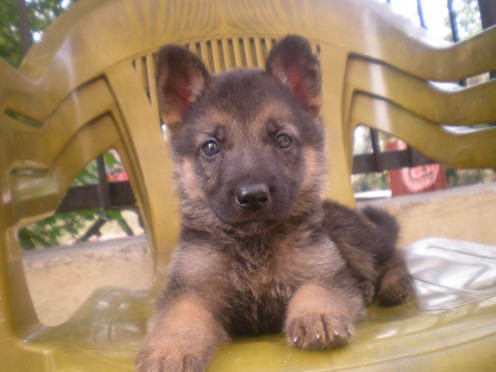
Winter dog care and safety
Dogs need a little more care during freezing winter months, particularly if they're taken out for walks in snow or icy conditions. It's far better to take precautions prior to your pet needing expensive medications or care from a veterinarian, so take a look at these simple tips before the onset of ice or snow in your neighborhood.
Don't leave your dog outside in winter
When temperatures plummet, don't leave your dog outside in yards or gardens, as it could cause death in worst situations. Your dog could freeze and die of exposure, particularly if tied or chained in one position where he is unable to move round or find shelter.
If you have a pet door so your dog can get in and out the house, consider locking it during really cold weather. This will prevent cold entering the home anyway, but also ensure your dog doesn't become stuck outside in appalling weather conditions.
TIP - Don't put a heater into your dog's pen or kennel as they are fire hazards.
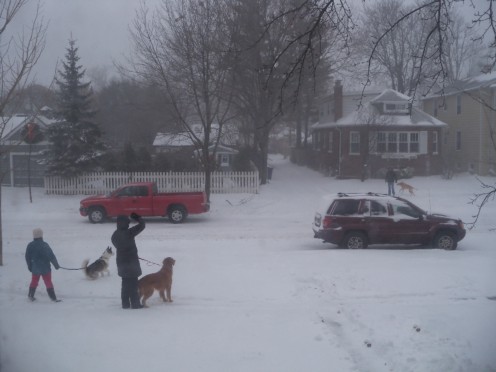
Paws and pads
Your dog's paws can easily get injured in winter months, constantly walking in snowy or icy conditions may cause cuts, sores and grazes on his pads which could become infected if left untreated.
Ice balls may form between claws when long hair between your dog's toes is unclipped. It's an easy matter to cut or clip the hairs between your pet's toes and prevent this happening.
TIP - rub small amounts of petroleum jelly into your dog's paw pads prior to walking in snow or ice. This helps repel snow and prevent cracks and cuts forming on soft paw pads.
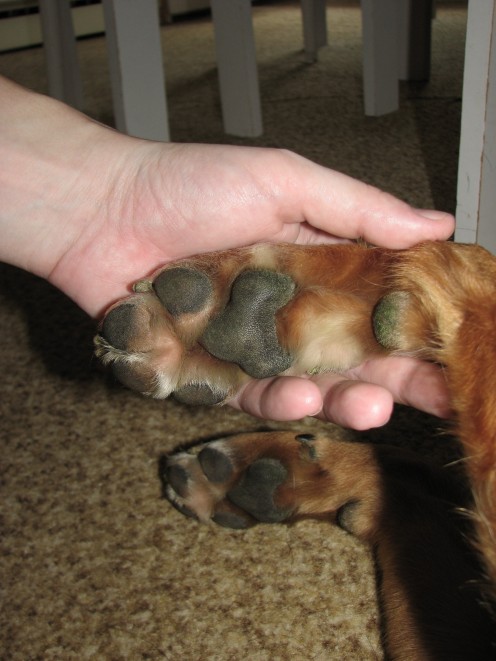
Toxic substances and poisons
Rock salt is a common deicer for sidewalks and roads, but it's toxic to dogs and can also cause irritations to paws. When you return from walking your pet rinse and dry his paws using warm water to remove any traces of rock salt or other toxic deicers.
Antifreeze can also be toxic to dogs. You can use pet-friendly antifreeze through winter months to ensure your dog's safety. If you should spill normal antifreeze on paths or driveways your dog may be tempted to lick it, as it smells and tastes quite good to dogs. The toxic content in the product is ethylene glycol which smells sweet to dogs and swallowing small amounts of general antifreeze could be lethal to your pet.
Keep your dog warm in winter
Keeping your pet warm is a priority in freezing conditions. If you leave him alone in the car for long periods of time on cold days, you're neglecting his wellbeing as cars become extremely cold when the engine's off in winter.
Hairless and smooth-coated dog breeds suffer more during cold spells, so investing in a doggy sweater or coat for your pet to wear outside is a necessity when temperatures drop.
You may also want to consider buying some all-weather boots for winter walks as these will help protect against the kinds of paw and pad problems mentioned earlier.
When you've been outside in snow with your dog, give him a rough drying with a towel or blanket or you could even use a hairdryer, that way he's not spending long periods of time with wet or damp fur.
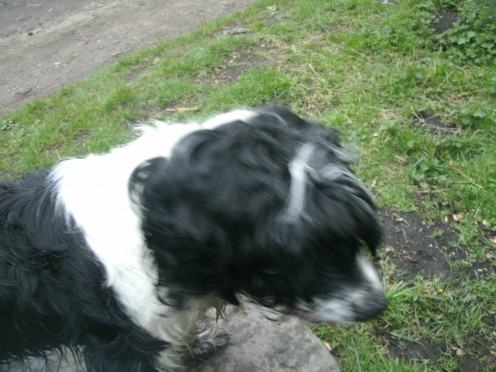
Pets may adore playing in snow!
Dogs kept outdoors
If your dog lives outside, make sure his home is wind resistant, elevated from the ground and waterproof. Give him extra bedding - blankets or other warm materials - to ensure his body temperature remains constant throughout the colder months. If his home has an open doorway, install a dog door so he's protected from gusts of winds and constant drafts.
Keep a watchful eye on water provided for your pet, you must give him daily fresh water but if the weather's really cold it may freeze and you'll need to ensure he has constant access to fresh water.
When weather's bad your outdoor homed dog requires higher amounts of calories to ensure his energy levels remain high. You may need to feed up to 50% more than normal to keep him healthy.
Reference
Check out the ASPCA site for more useful dog care tips.

